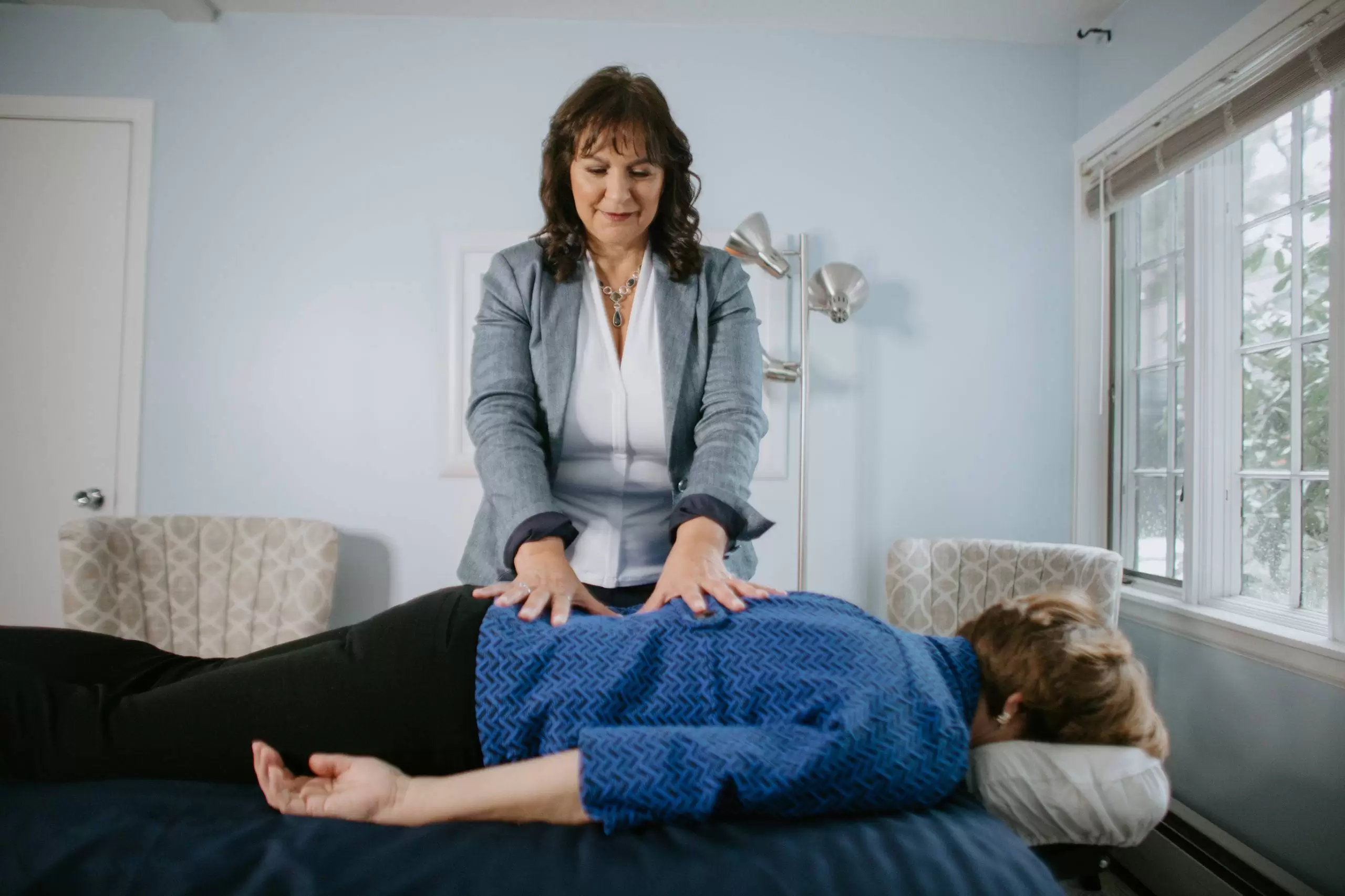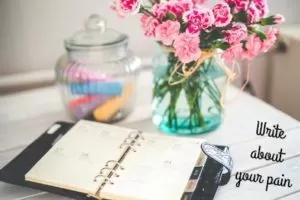The psoas muscle is the most important muscle. Without it, it would be impossible to get out of bed in the morning!
Whether you are simply laying on your couch, jogging, or doing yoga, you engage your psoas muscle because it connects the torso and legs.
Structurally, the psoas muscle, which is located in the center of the body, is the deepest in the body.
It starts from the 12th thoracic vertebra and ends at the 5th lumbar vertebra.
Why the psoas muscle is important
The psoas is the only muscle that connects the spine to the legs.
The muscle opens the hips and helps move the legs towards the chest, like when climbing stairs, for example.
The psoas also helps project the legs forward when walking or running.
You also use the psoas muscle when leaning forward to pick something up off the floor.
In addition, the muscles stabilize the torso and spine when moving.
The psoas muscles support the internal organs. Working like hydraulic pumps, they allow blood and lymph to move in and out of cells.
If the psoas muscle is weak, the surrounding muscles compensate for this deficiency and risk being overused.
This is why a weakened psoas muscle can cause a lot of aches and pains, especially lower back or pelvic pain.
Fear, diffuse anxiety, digestive problems, disorders of the reproductive system have also been linked to the psoas.
This happens because the psoas is structurally linked to a lot of organs, including the diaphragm, the spinal cord, and the kidneys, which are intimately linked to emotions.
Psoas and spinal cord
The psoas is directly connected to the most primitive part of our brain: the reptilian, which is responsible for the “primary” reactions, fight or flight, which release stress hormones in the body.
If the psoas is tense, the reptilian brain will be too, leading to anxiety, insomnia, and even a weakening of the immune system.
Psoas and diaphragm
The psoas muscle is not only important for physical well-being but also psychological well-being, as they help with breathing.
The diaphragm has two tendons that project downward to join the spine where the psoas muscles attach.
One of the ligaments ( the medial arcuate ligament, also called the psoas arch ) wraps around the top of each psoas.
The diaphragm and the psoas muscles are also intimately linked by the fascia ( fascia transversalis ) which is connected to the other muscles of the hip.
These connections between the psoas muscle and the diaphragm tie together the ability to walk and the ability to breathe.
Psoas and kidney
The fascia of the psoas is connected with that of the kidney.
The psoas drains toxins from the kidneys, hence its name “trash muscle”!
An accumulation of toxin or stress could lead to hyper-contractures of the muscle which could even be the cause of renal colic by hindering the flow of urine in the ureter (the canals connecting the kidney to the bladder), which would promote the appearance of stasis and calculations.
Psoas muscles and pain
Unfortunately, the psoas muscle is affected by bad posture. This includes sitting in front of a computer or television, glued to our phone screen, tight clothing and shoes, unsuitable seats.
Poor posture puts a lot of pressure on the psoas, which causes the psoas muscle to shrink and become painful.
If we do not take care of the psoas to compensate for the “external aggressions” that it undergoes, it can lead to a lot of pain.
This includes groin pain after sport, psoas tendonitis, cervical and/or lumbar pain, psoas tear, digestive problems, and chronic sacroiliac pain.
It can also cause painful menstruation, inflammation of the psoas muscle, stress, and fatigue can then set in and increase due to this negligence.
How to care for the psoas muscle
Often abused and in pain, it is essential to take care of the Psoas muscle.
The first tip is to stretch the psoas several times a week and limit sitting as much as possible.
Then: express your emotions, your fears to avoid repressing them!
You can also book psoas massages with me.
A tight psoas muscle not only causes pain and other disorders, but It also holds traumatic experiences on a cellular level.
After a psoas massage, you will immediately feel relief.
Conclusion
A healthy psoas is the assurance of a better quality of life, so it is really important to relax your psoas to gain physical and mental comfort.





